The 34th Symposium on Implementation and Application of Functional Languages (IFL 2022)
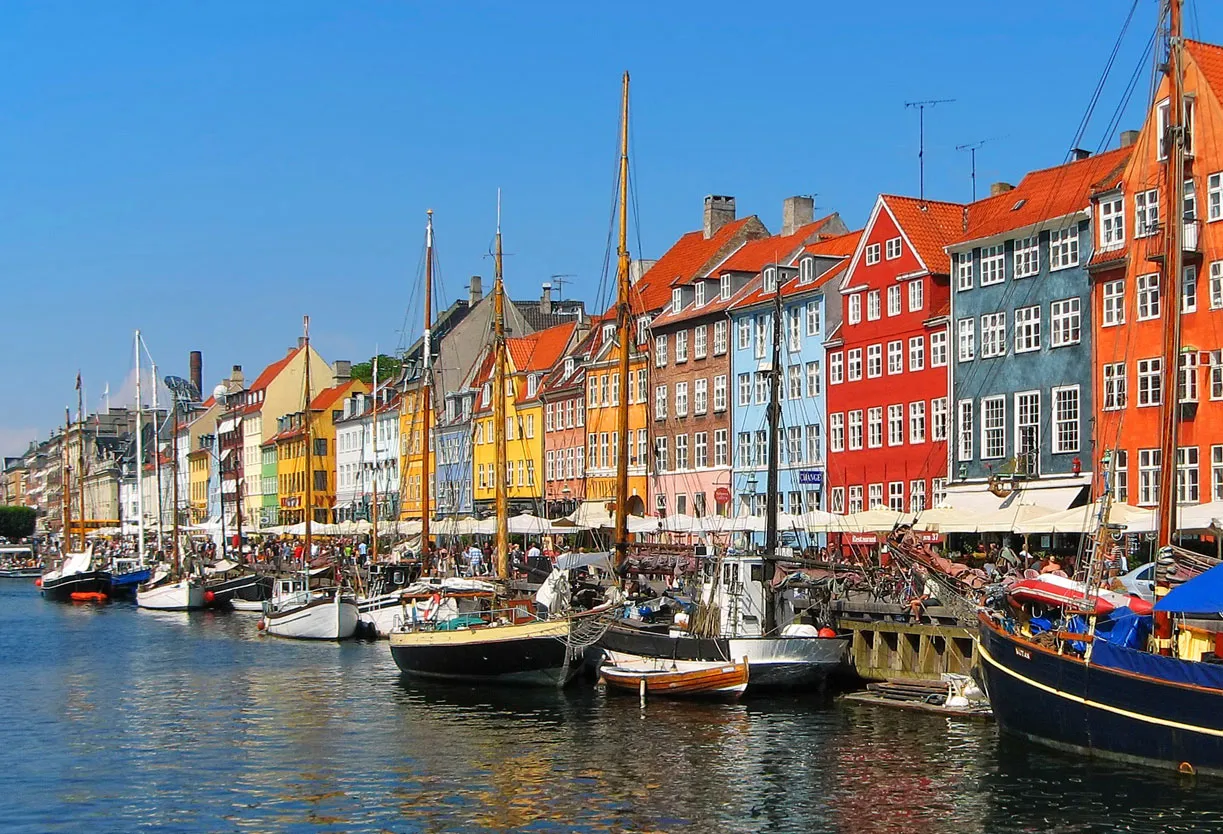
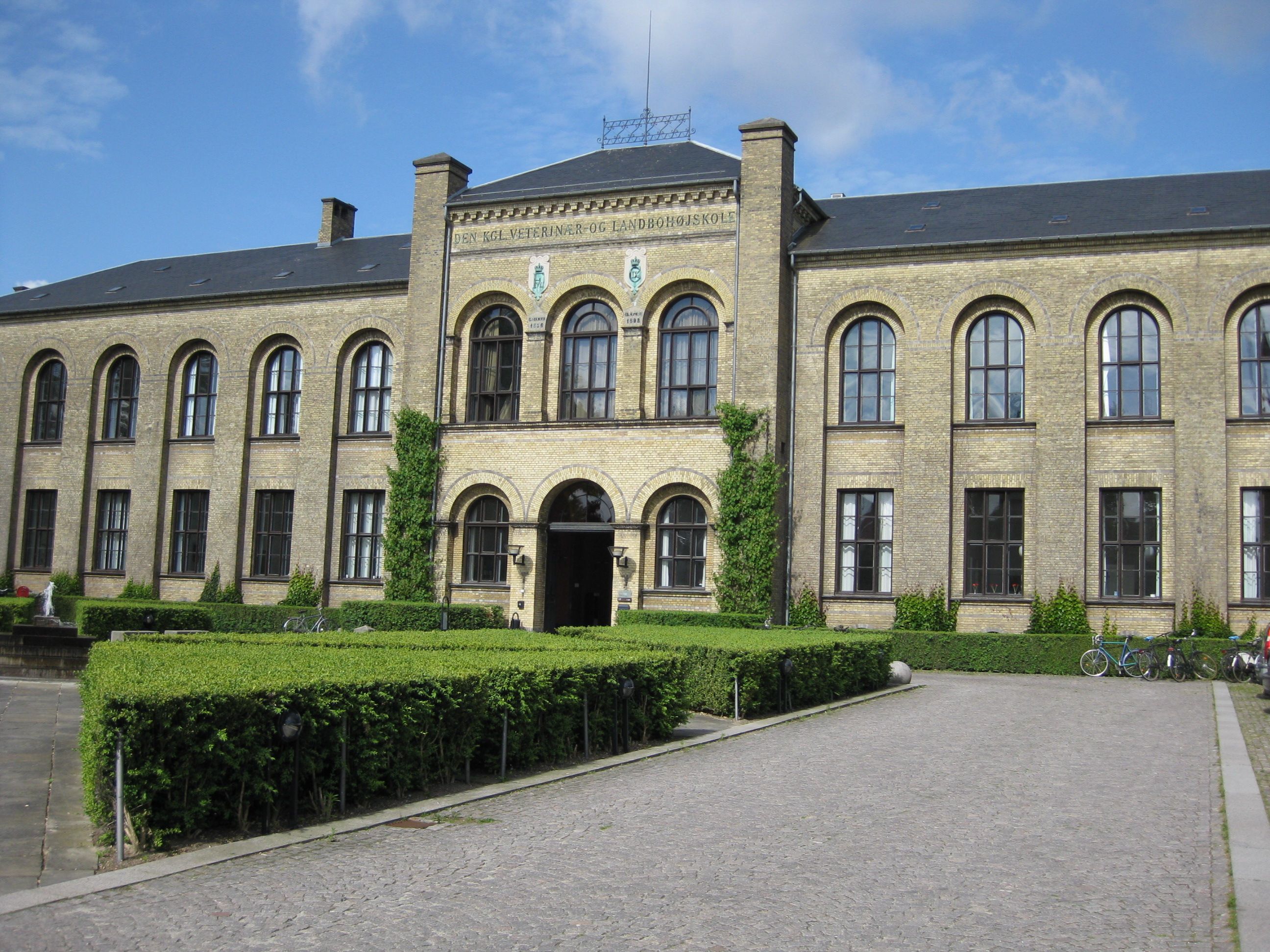
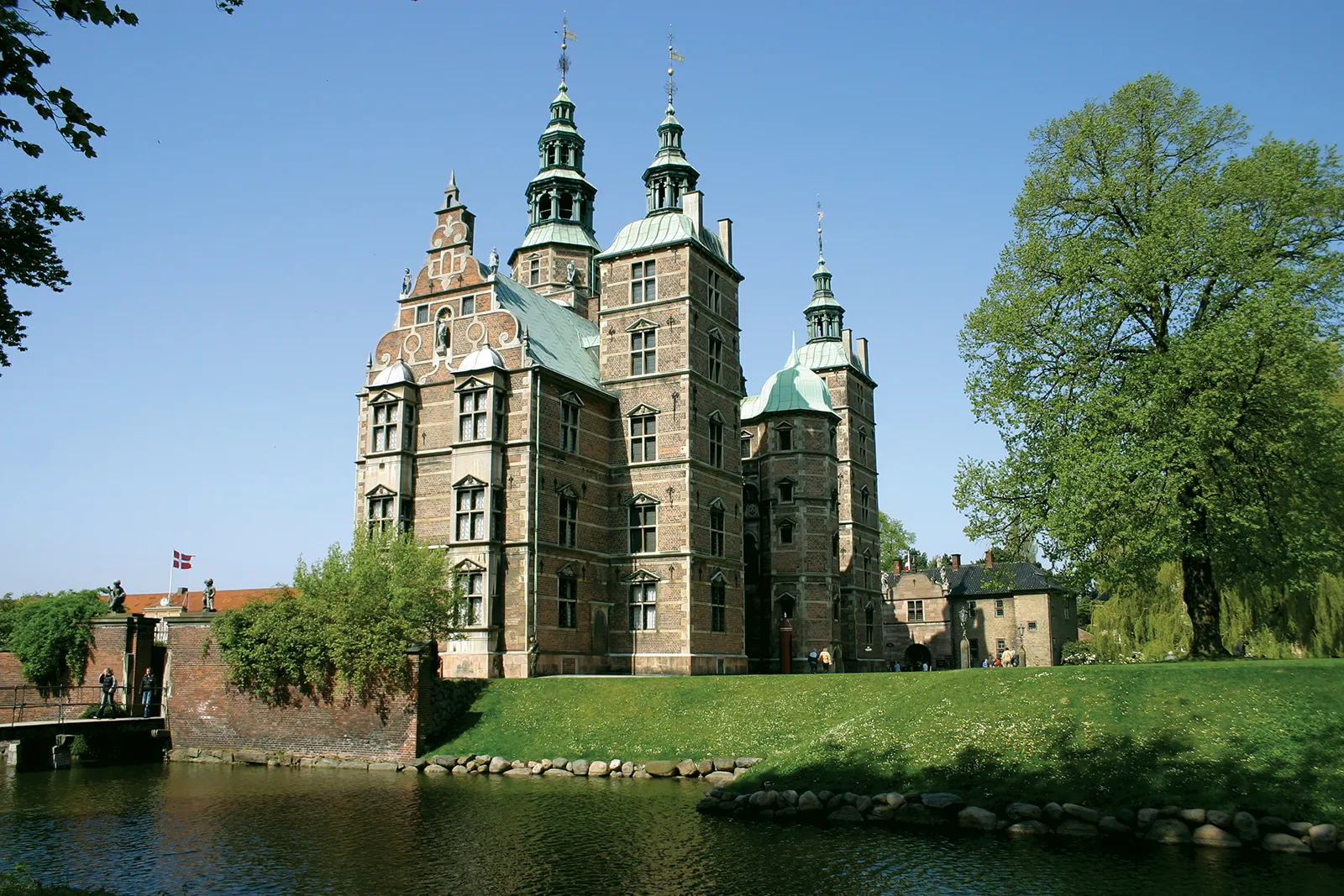



| Submission deadline of draft papers: | August 8th, 2022 (EXPIRED) |
| Notification of acceptance for presentation: | August 9th, 2022 (EXPIRED) |
| Early registration deadline: | August 15th, 2022 (EXPIRED) |
| Late registration deadline: | September 1st, 2022 (EXPIRED) |
| IFL Symposium: | August 31st - September 2nd, 2022 (EXPIRED) |
| Submission of papers for peer-reviewed proceedings: | December 5th, 2022 (EXPIRED) |
| Notification of acceptance: | February 6nd, 2023 (EXPIRED) |
| Camera-ready version: | March 14th, 2023 (EXPIRED) |
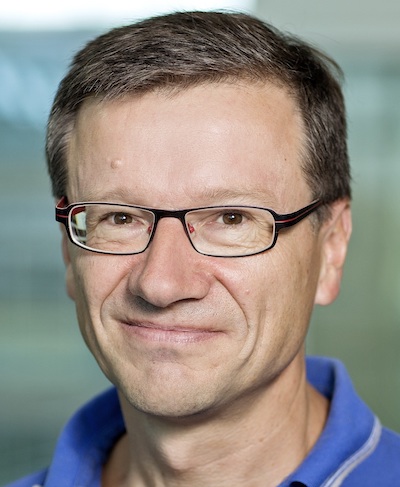
Machines for functional language implementation have a long history, starting with Landin's 1964 SECD machine. We review some historical developments for strict as well as lazy functional languages. For some time it was believed that functional language implementation required specialized hardware, but nowadays virtual machines ostensibly designed for object-oriented languages, notably the Java Virtual Machine and the .NET platform, have turned out to be excellent targets for (strict) functional languages also.
Speaker: Peter Sestoft has worked with functional programming, program manipulation and programming language implementation for nearly four decades and since 2017 is head the Computer Science Department at the IT University of Copenhagen.
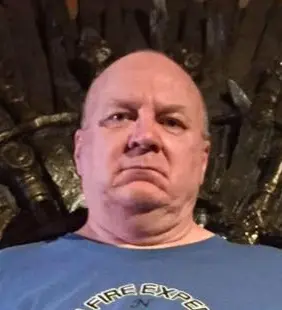
Verse is a new functional-logic language. It has several unusual features and this talk will give a brief overview of the language and what makes it different from most other languages.
Speaker: Lennart Augustsson has been working with design and implementation of functional languages since the 1980s. The languages range from hardware design to banking, but as a grumpy old man he has now settled on the computer games industry.

Today's software stack is overly complex and primarily written in unsafe memory languages. This leads to many inefficiency and security issues. MirageOS tackles these challenges by rewriting an operating system in OCaml, as a set of independent, re-usable libraries. The application business logic can then be linked with these libraries to generate "unikernels": minimal, type-safe and specialised operating systems that do not need a legacy operating system to run anymore.
Speaker: Thomas Gazagnaire is interested in applying functional programming research to solve complex, real-world computer system problems. He has co-founded Unikernel Systems and Tarides and worked for Docker, Citrix, OnApp and OCamlPro. He also was a researcher at Cambridge University and Inria.
The format of the programme is as follows:
| Wednesday, August 31st | |
| Location: | Thorvaldsensvej 40, Room A2-84-01 |
| 08:30-08:55 | Registration |
| 08:55-09:00 | Welcome |
| 09:00-10:00 | Keynote (Session chair: Fritz Henglein) |
| 10:00-10:30 | Break (Thorvaldsensvej 40, Marmorhallen) |
| 10:30-12:00 | Session I (Reversible computing — Session chair: Martin Elsman)
|
| 12:00-13:30 | Lunch (Thorvaldsensvej 40, Marmorhallen) |
| 13:30-15:00 | Session II (TYPES I — Session chair: Morten Rhiger)
|
| 15:00-15:30 | Break (Thorvaldsensvej 40, Marmorhallen) |
| 15:30-17:00 | Session III (Compilation — Session chair: Troels Henriksen)
|
| 17:00-18:00 | Welcome reception (Thorvaldsensvej 40, Marmorhallen) |
| 18:00-xx:zz | Self-organized dinners |
| Thursday, September 1st | |
| Location: | Bülowsvej 17, Festauditorium |
| 09:00-10:00 | Keynote (Session chair: Martin Elsman) |
| 10:00-10:30 | Break (i front of Festauditorium) |
| 10:30-12:00 | Session IV (Memory management — Session chair: Fritz Henglein)
|
| 12:00-13:30 | Lunch (in front of Festauditorium) |
| 13:30-14:30 | Session V (Editing and IFL Matters — Session chair: Jurriaan Hage)
|
| 14:45-15:15 | Transport in groups by bus and metro (30 min.), walking and metro (30 min.) or walking (50 min.) to Ofelia Plads |
| 16:10-17:15 | Social event: Canal tour of Copenhagen (with refreshments) |
| Departure: Ofelia Plads, harborside boat landing ("Stromma kanalrundfart"). Arrival: Refshaleøen | |
| 17:30-19:30 | Social event: Dinner at Reffen Street Food |
| Friday, September 2nd | |
| Location: | Bülowsvej 17, Festauditorium |
| 09:00-10:00 | Session VI (TYPES II — Session chair: Martin Elsman)
|
| 10:00-10:30 | Break (in front of Festauditorium) |
| 10:30-12:00 | Session VII (Data transformation — Session chair: Pieter Koopman)
|
| 12:00-13:30 | Lunch (at Cafe Væksthus) |
| 13:30-14:30 | Session VIII (Data and analytics — Session chair: Troels Henriksen)
|
| 14:30-15:00 | Break (in front of Festauditorium) |
| 15:00-16:00 | Industrial Keynote (Session chair: Fritz Henglein) |
| 16:00-17:00 | Industrial Reception, good-bye |
All contributions must be written in English. Papers must use
the ACM two columns conference format, which can be found
here. (For LaTeX
users, start your document with
\documentclass[sigconf,screen,review]{acmart}.) Note that
this format has a rather long but limited list of packages that
can be used. Please make sure that your document adheres to this
list.
The page limit for papers is twelve pages (excluding references).
Submission link for post-review papers: EasyChair.
Only papers that were presented at the IFL 2022 Symposium will be considered for publication.
The deadline for submission of post-reviewed papers is December 5, 2022 (AoE).
Following IFL tradition, IFL 2022 will use a post-symposium review process to produce the formal proceedings.
Before the symposium authors submit draft papers. These draft papers will be screened by the program chair to make sure that they are within the scope of IFL. The draft papers will be made available to all participants at the symposium. Each draft paper is presented by one of the authors at the symposium. Notice that it is a requirement that draft papers that are accepted for presentation are presented physically at the symposium.
After the symposium every presenter is invited to submit a full paper, incorporating feedback from discussions at the symposium. Work submitted to IFL may not be simultaneously submitted to other venues; submissions must adhere to ACM SIGPLAN's republication policy. The program committee will evaluate these submissions according to their correctness, novelty, originality, relevance, significance, and clarity, and will thereby determine whether the paper is accepted or rejected for the formal proceedings. Papers that are accepted for the formal proceedings are published in the International Conference Proceedings Series of the ACM Digital Library, as in previous years.
Reviewing is single blind. There will be at least 3 reviews per paper. The reviewers have 6 weeks to write their reviews. For the camera-ready version the authors can make minor revisions which are accepted without further reviewing.
The Peter Landin Prize is awarded to the best paper presented at the symposium every year. The honored article is selected by the program committee based on the submissions received for the formal review process. The prize carries a cash award equivalent to 150 Euros.
Topics of interest to IFL include, but are not limited to:
The symposium will be held physically on the Frederiksberg Campus of the Faculty of Science at the University of Copenhagen. Day 1 (August 31st) will be in meeting room A2-84.01 at Thorvaldsensvej 40. Days 2 and 3 (September 1st and 2nd) will be in the Celebration Auditorium (Festauditorium) at Bülowsvej 17; see the IFL 2022 map.
Copenhagen is easy to get to by plane, train and bus. See IFL 2022 map of Copenhagen. For public transportation within Copenhagen by any combination of train, rapid transit (S-tog), metro and bus, download the app "DOT Tickets", register a credit card, and buy a 2-zone ticket at the start each trip of one hour or less. (For the trip from/to the airport you need a 3-zone ticket.) Alternatively, walk, bike (e.g. via Donkey Republic, Bycyklen, Lime apps) or drive (parking is available at the venue; contact the IFL general chair).
We have not made agreements with specific hotels since Copenhagen is densely packed with hotels at various price levels, all accessible by convenient and frequent public transport from and to the venue. For example WakeUp Copenhagen features small modern rooms, affordable rates and has multiple locations in Copenhagen, including the city center and near Copenhagen Airport. See Google, Hotels.com, Booking.com, AirBnB, TripAdvisor, Momondo, etc, for accommodation. It is a good idea to check cancelation policies in case of last-minute changes such as COVID-19 measures or flight cancelations.
Denmark presently has no entry or other restrictions due to COVID-19. In particular, there are no limitations on sizes of gatherings; wearing face masks is welcome, but is not required anywhere. Health authorities are continuously monitoring Omicron variant infections. Since these have not led to increased hospitalization (yet), no restrictions have been contemplated (yet). The IFL 2022 organizers are carefully following the COVID-19 situation. In the unlikely event of a COVID-19-based imposition of travel or other restrictions in Denmark, IFL 2022 will be held in hybrid format. In such case, at the time of notification authors of accepted papers will be given the option to present their work remotely.
| Early registration, regular: | DKK 1600 |
| Early registration, student: | DKK 1200 |
| Late registration, regular: | DKK 2000 |
| Late registration, student: | DKK 1600 |
The registration fee covers use of facilities, participation, lunches, coffee breaks, receptions, social outing, symposium dinner and access to draft proceedings. The student discount is made possible by the symposium's industrial sponsors.
Would you like to sponsor the industrial keynote and reception Friday, 15-17 CET, to make it open and free to the public (up to the capacity of Celebration Auditorium)?
We provide multiple options for you.